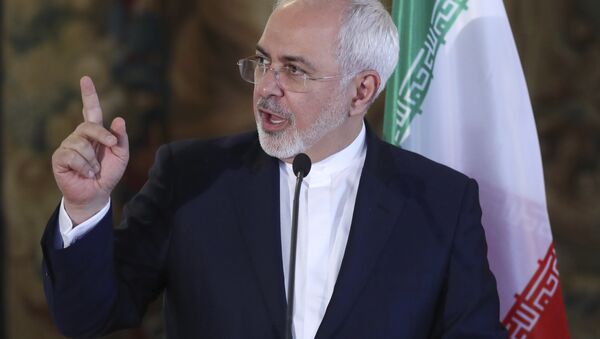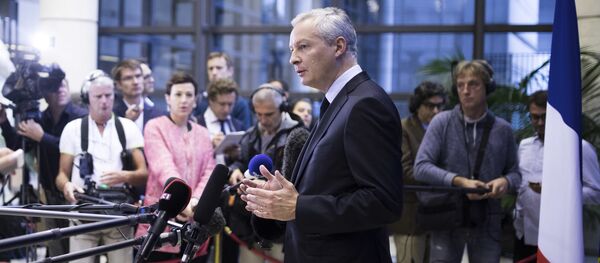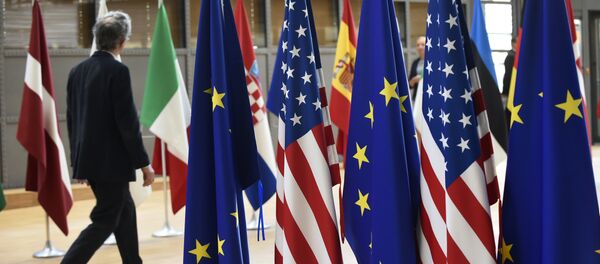"With the withdrawal of America, [Iran's] public expectations from the European Union have increased in order to maintain the deal's gains, and in the current context, the European political support for the accord is not sufficient," Mohammad Javad Zarif told Miguel Arias Canete in Tehran, cited by IRNA.
The minister outlined the lack of consistency between support for the deal voiced by the EU and possible the withdrawal of European companies.
"The announcement of the possible withdrawal by major European companies from their cooperation with Iran is not consistent with the European Union's commitment to implementing (the nuclear deal)," Zarif stated.
The stance has been repeatedly reemphasized by the country's officials: they insist on the preservation of all stipulations of the agreement that they signed, as well as all the economic benefits contained in the JCPOA.
When US President Donald Trump announced his decision to leave the deal, he explained that his resolution was due to "flaws" in the document, which should be fixed. After Trump's decision, the Treasury Department's Office of Foreign Assets Control slapped sanctions against nine Iranian individuals and entities, including those with links to Iran's Revolutionary Guard.
READ MORE: International Companies Evaluating Impact of US Sanctions on Iran
One of the key EU players, France as represented by French Finance Minister Bruno Le Maire, proposed three counter-measures to Washington's pullout, and expressed hope that the Commission would take "concrete decisions." He proposed that the bloc should start implementing the "blocking statute," withdraw from the US-controlled SWIFT and establish, along with the European Investment Bank, "an independent financial instrument that will allow our companies to work freely where Europe deems fit." And, last but not the least, to set up a mechanism to better control, single out and block risky investments.
READ MORE: Tehran: 'Some EU Officials Say They're Not Supposed to Stand Up to America'




